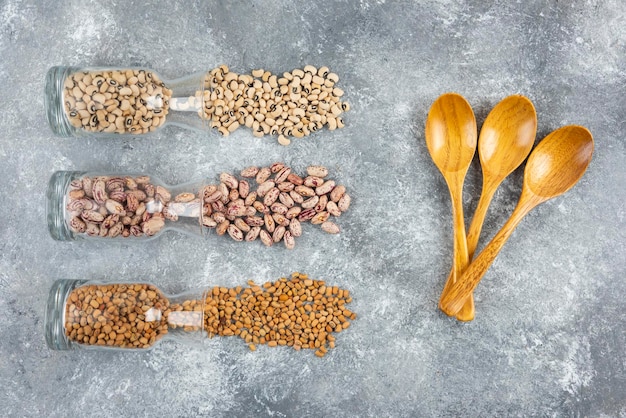Your heart beats about 100,000 times a day, working tirelessly to keep you alive. Yet, heart disease remains the leading cause of death worldwide. The good news? Small, consistent changes can significantly reduce your risk—and you don’t need hours of effort. Just 15 minutes a day of intentional action can set you on a path to better cardiovascular health.
Research shows that even short bursts of physical activity improve heart function, lower blood pressure, and reduce inflammation. A study highlighted by CNET confirms that 15 minutes of daily exercise can boost life expectancy and reduce the risk of cardiovascular events. The key isn’t intensity—it’s consistency. The best time to exercise? Whenever you’ll stick with it. Whether it’s morning or evening, regularity matters most.

You don’t need a gym membership or complicated equipment. Here’s a simple, evidence-based 15-minute plan you can do daily:
Kickstart your day with light aerobic activity. Try brisk walking, stair climbing, or bodyweight exercises like squats and lunges. This increases circulation, warms up your heart, and sets a positive tone for the day. According to health experts, increasing physical activity is the single most impactful habit for heart disease prevention—especially when started early.
Stress is a silent contributor to high blood pressure and heart strain. Spend 3 minutes practicing deep, slow breathing: inhale for 4 counts, hold for 4, exhale for 6. This activates the parasympathetic nervous system, helping lower heart rate and cortisol levels. It’s a tiny habit with measurable cardiovascular benefits.
Drink a glass of water and take a moment to reflect on your health goals. Dehydration can strain the heart, so starting your day hydrated supports optimal function. Use this time to mentally commit to one heart-healthy choice—like choosing a nutritious snack or taking the stairs.
Use the final minutes to reinforce a small but powerful habit. Options include:

Science shows that small, steady habits lead to lasting improvements. Consider integrating these evidence-backed practices:
Many cardiologists recommend starting the day with habits that stabilize blood pressure and reduce inflammation. These include:
Motivation thrives on progress. Set short-term goals—like walking 10 minutes a day for a week, then increasing to 15. Celebrate small wins. Over time, these micro-habits compound into major health benefits. As noted by The New York Times, even minor accomplishments build momentum and long-term adherence.
Heart health isn’t about perfection—it’s about persistence. With just 15 minutes a day, you can build a routine that supports your heart for years to come. Focus on consistency, not intensity. Choose habits you enjoy and can sustain. Your heart works hard for you—return the favor with simple, science-backed care.
Start today. Your future self will thank you.

Health

Health

Health

Health

Health

Health

Health

Health

Health

Health

Health

Health

Health

Fitness

Health

Health